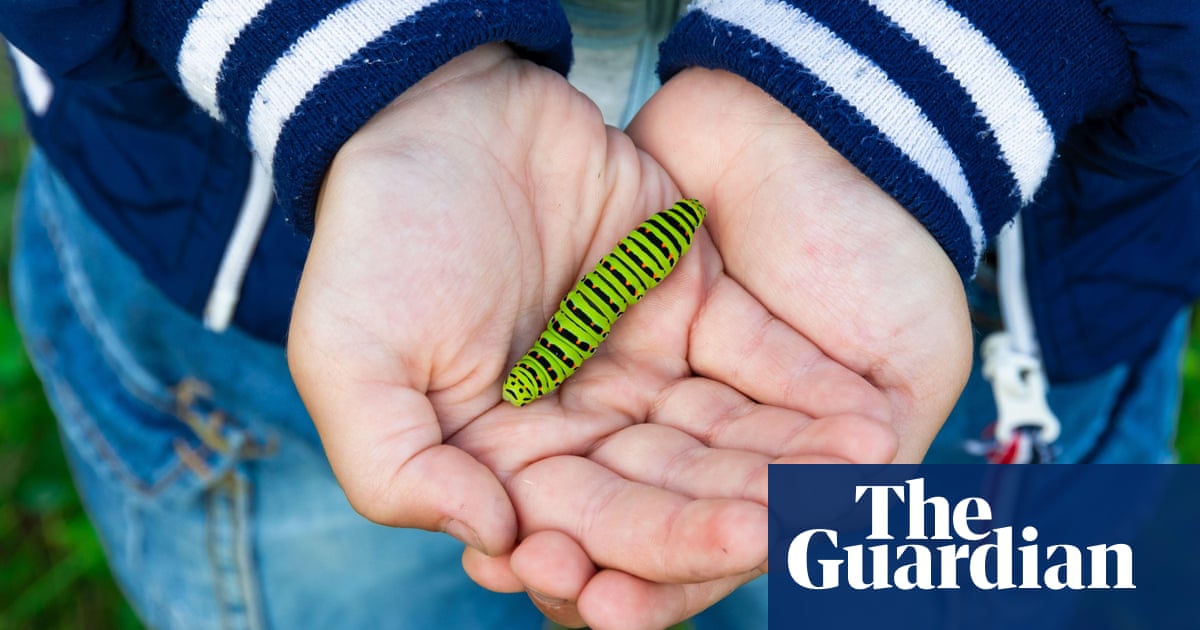Dangerous pesticides and pet flea treatment detected in English rivers for first time | Pesticides

Dangerous modern pesticides used in agriculture and pet flea treatment have been detected for the first time in English rivers, research has found.
Scientists have called for stricter regulation around high-risk farming pesticides and flea treatments for pets because of the deadly effects they have on fish and other aquatic life when they make their way into rivers.
The research, by the British Geological Survey, evaluated the pollution by such pesticides in the waters and sediments of two English rivers: the Tone in Somerset, which runs through Taunton; and the Wensum in Norfolk, which runs through Norwich.
Scientists from the BGS and the University of Nottingham tested water, sediments, fish and invertebrates along the two rivers for 52 pesticides and found that the veterinary pesticide fipronil, which is used as an anti-flea treatment for dogs, was measured at high concentrations. It is thought to get into rivers by dogs swimming in them, and has been found to be toxic to aquatic life.
They also found high concentrations of propiconazole, a fungicide commonly used in agriculture, in the rivers. This has been found to have negative health effects on fish.
Cats and dogs are widely treated with insecticides to prevent fleas. Vets often recommend regular flea treatments as a preventive measure, even when dogs and cats do not have the pest. But scientists now recommend animals should not be treated for fleas unless they actually have them.
Highly toxic neonicotinoid pesticides, which can be lethal to insects and fish even at very small concentrations, were found in both rivers. At one third of the sites sampled, the level of neonicotinoids exceeded the chronic threshold for aquatic invertebrates, meaning they are affecting the health of these organisms.
This data has formed one of the most comprehensive assessments of pesticides in any English river catchment to date.
Dr Christopher Vane, head of organic chemistry at BGS, said: “Modern chemical pesticides have positive applications, such as veterinary medicines helping prevent fleas in domestic pets, and in UK agriculture where herbicides, insecticides an fungicides can help prevent food shortages by protecting crops from various pests.
after newsletter promotion
“However, our research has highlighted that these pesticides are now present in English rivers and could potentially pose threats to the local wildlife. To help mitigate the risk to ecosystem health, additional protective measures are needed to promote more environmentally sustainable practices, alongside the introduction of stricter regulation around the most high-risk pesticides to help protect our rivers from further impact.”
The researchers said more studies needed to be done on the prevalence of modern pesticides in English rivers and other countries’ waterways, as well as their impact on aquatic life.
Source link






